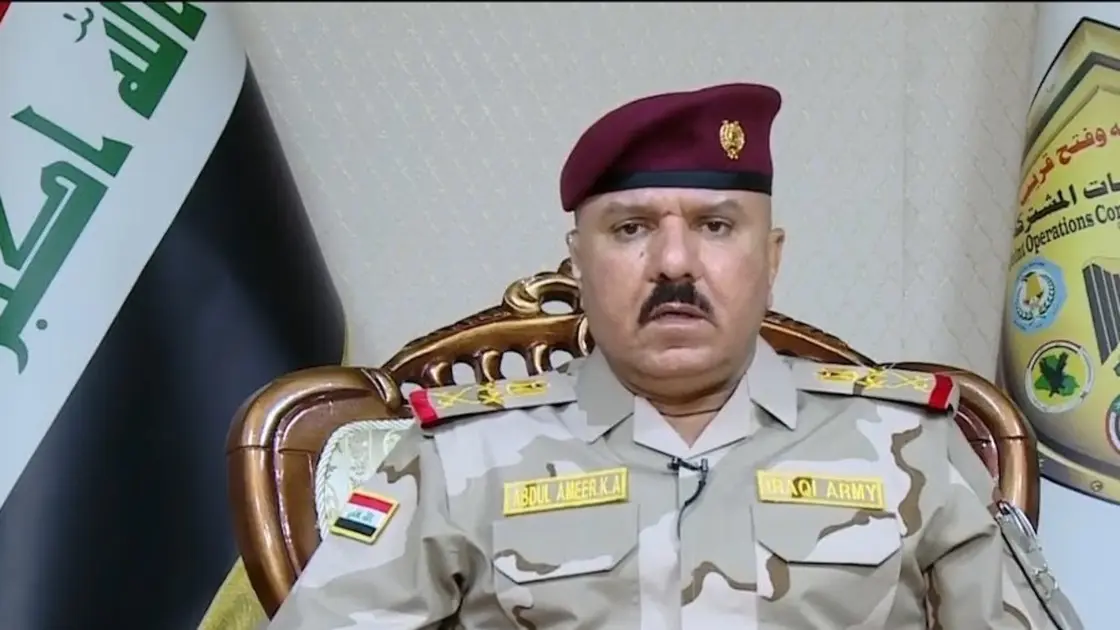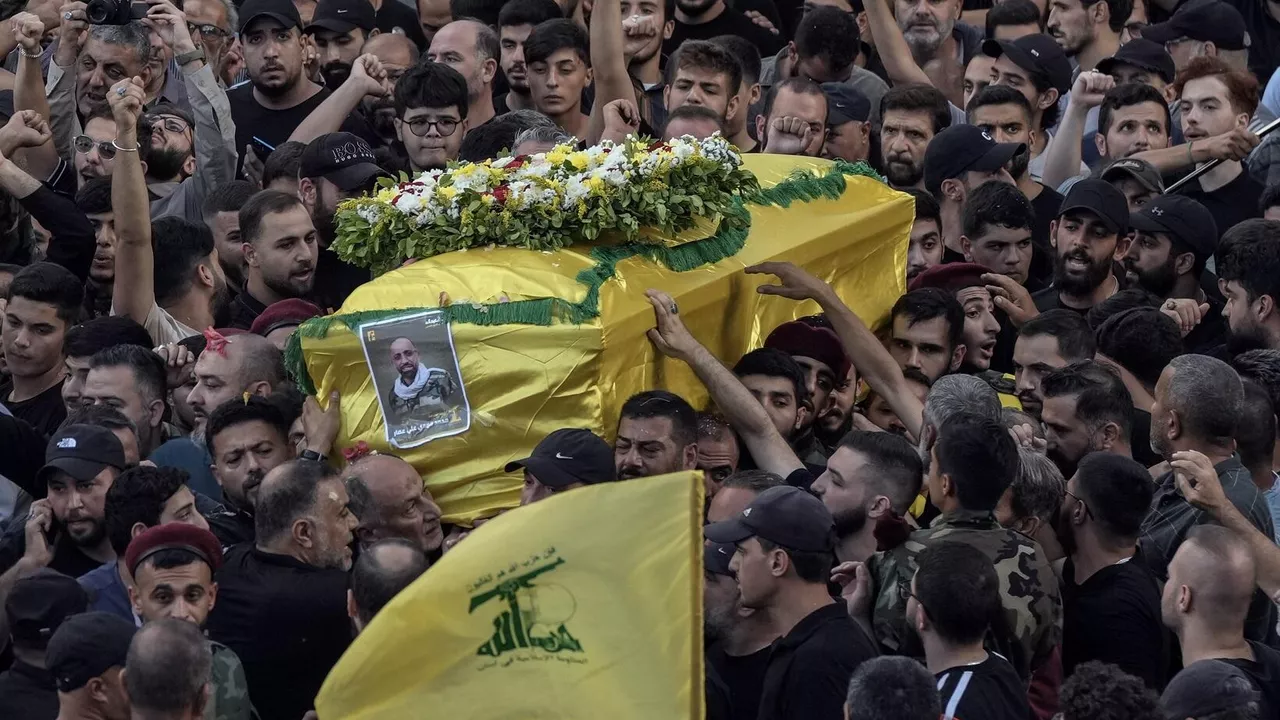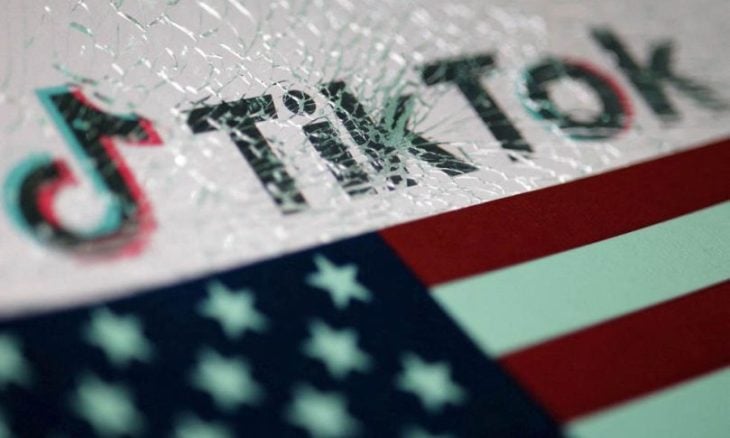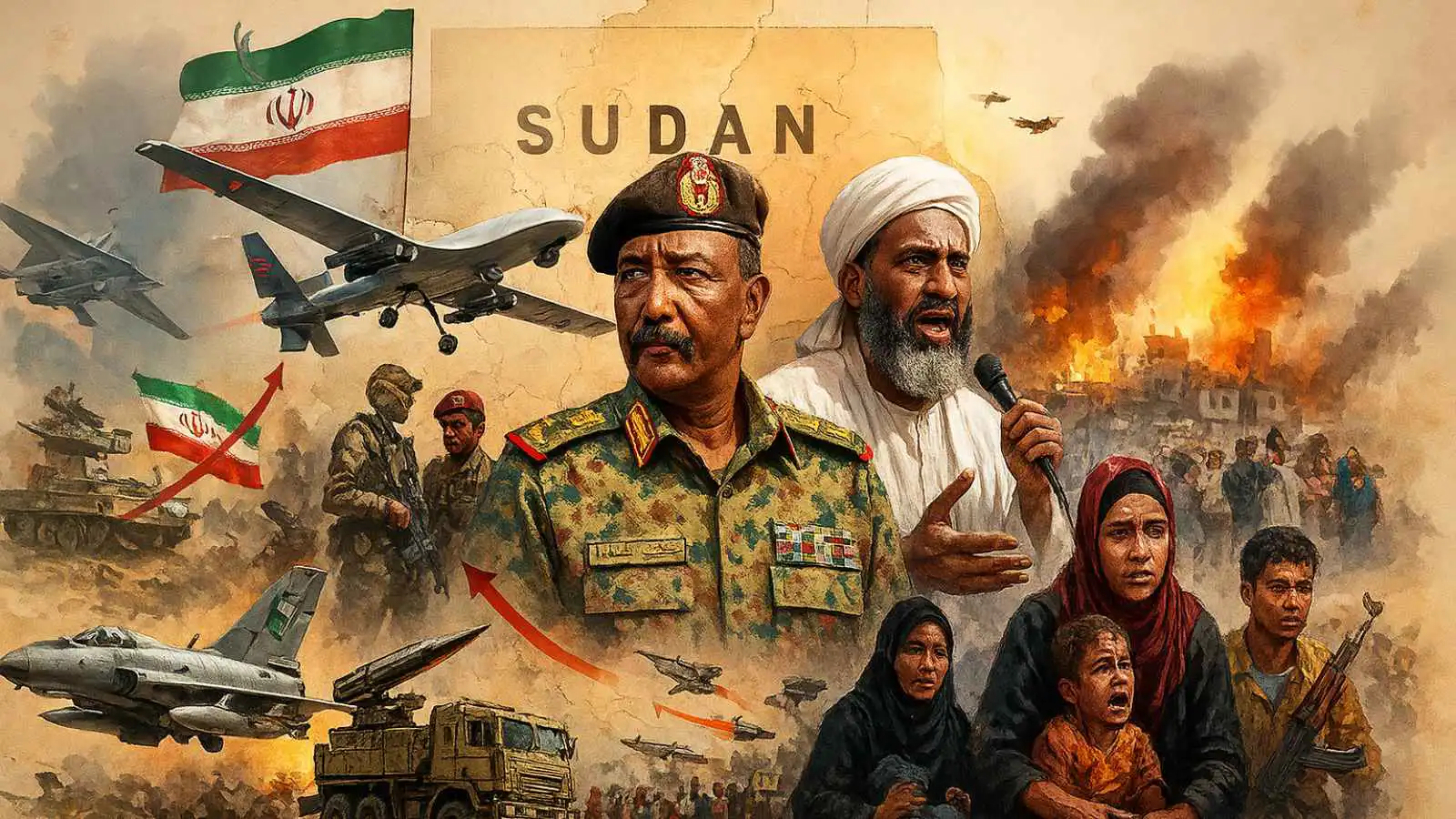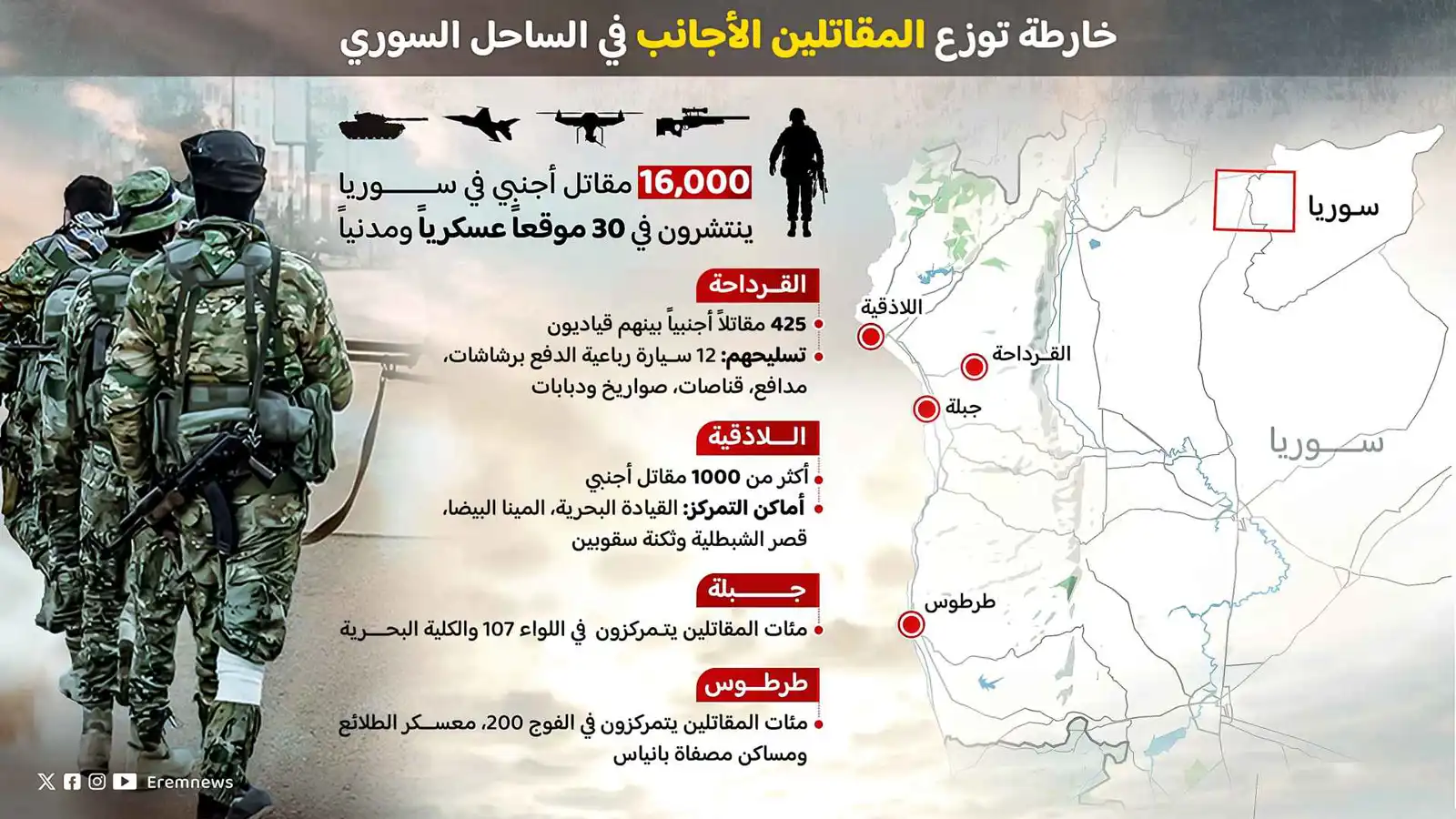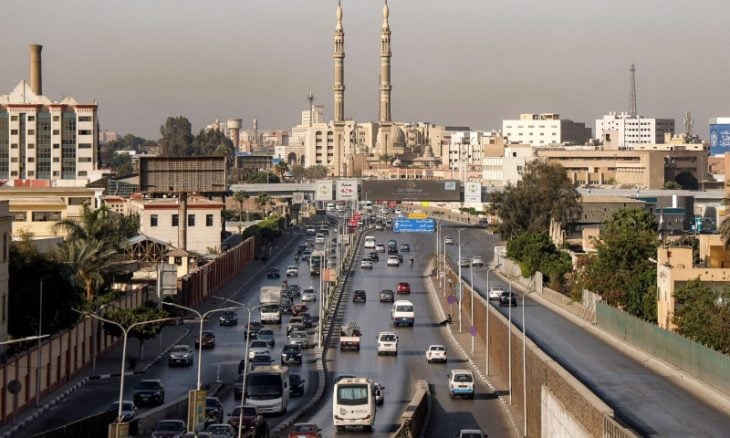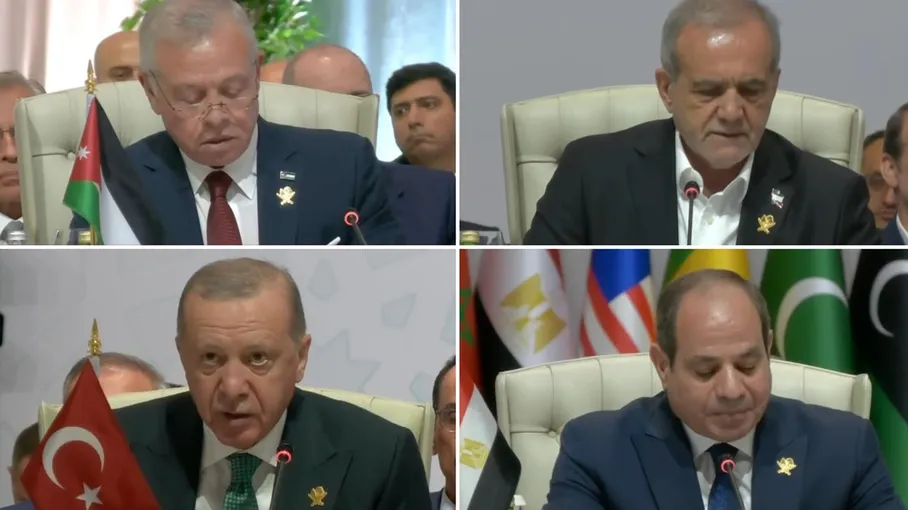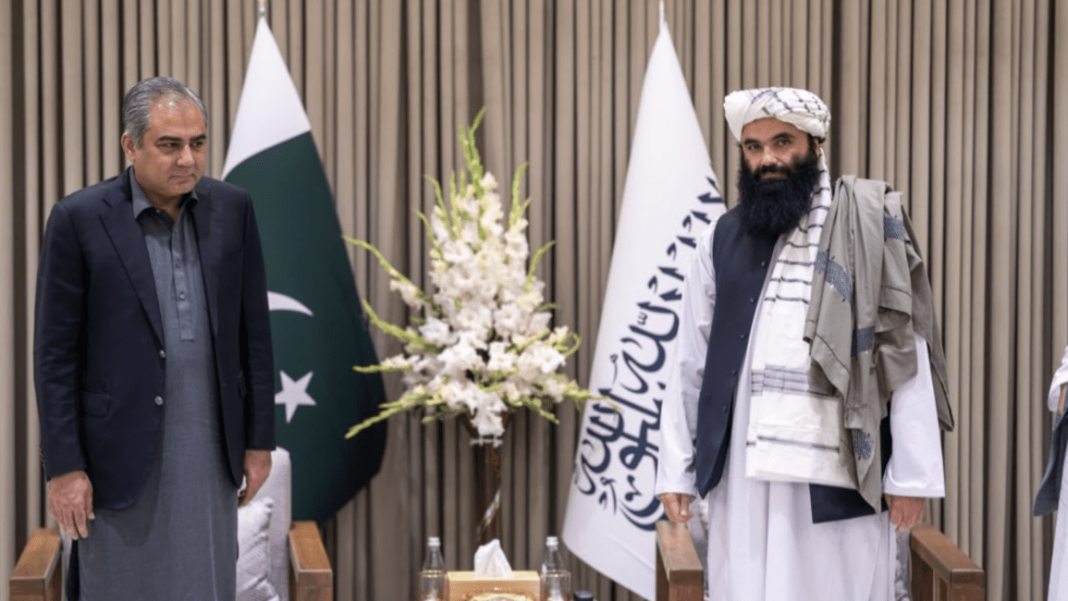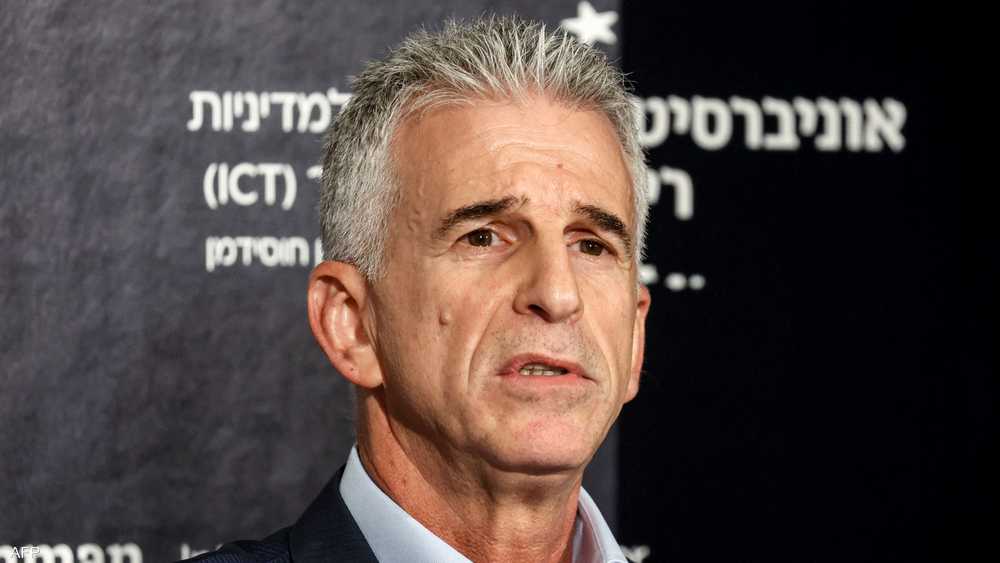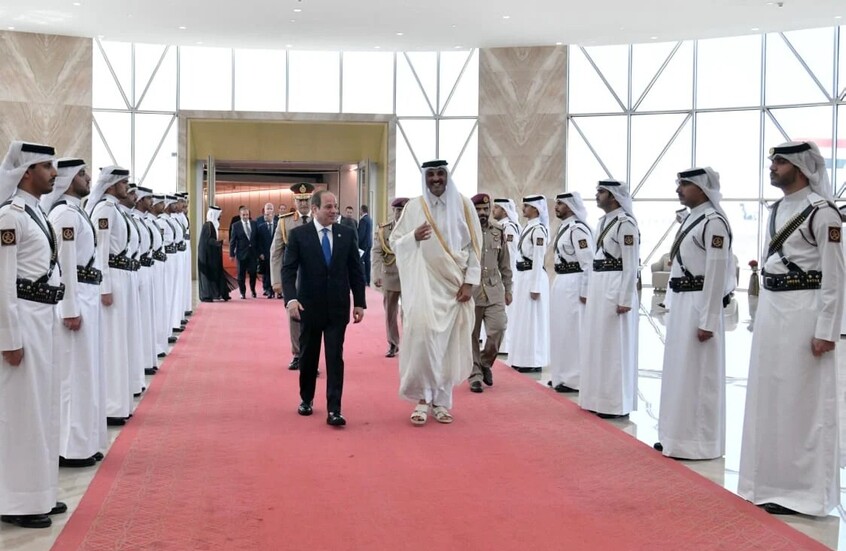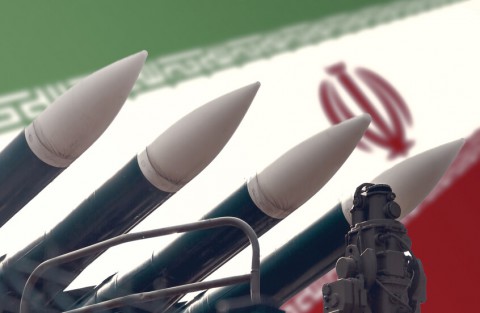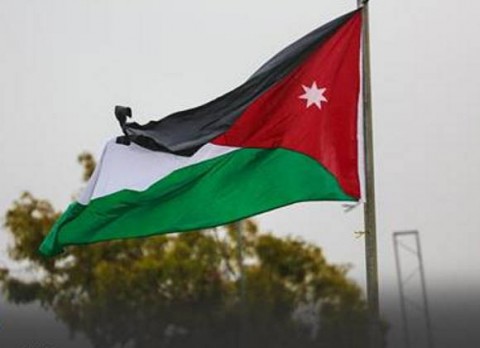Iraq seeks multibillion dollar fee to receive Isis prisoners
Baghdad in talks with US to receive remnants of terror group held in detention centres in Syria
Baghdad and Washington are in talks to transfer and place on trial tens of thousands of suspected Isis fighters and their families from detention centres in Syria to prison camps in Iraq, with Iraqi officials seeking a multibillion dollar fee to receive remnants of the terror group captured over five years of war.
Discussions about what to do with Isis members, among them thousands of foreign men, women and children, have been pushed intensively by US officials, who have also lobbied coalition partners to remove their citizens from two cramped detention centres in Syria’s north-east, which one former senior US official described as a “volcano”.
Baghdad has asked for a $10bn (£7.6bn) fee up front, then $1bn per annum to receive the detainees, senior western officials have told the Guardian. The size of the mooted price tag has led some in Washington and London to view it as a rebuff of a US plan, rather than a willingness to take a stake in a politically sensitive and dangerous operation, just as a war-weary Iraq had begun to recover.
The US state department did not respond to a request for comment. Current and former US officials have said the administration wants to do everything possible to guarantee the security of its Kurdish allies, and to remove the burden of holding the Isis fighters, all while withdrawing US troops from northern Syria. A significant break-out by Isis detainees would undermine the justification for the withdrawal, which the US president, Donald Trump, has insisted must take place.
A regional intelligence official said the plan to remove all non-Syrian alleged Isis members from Syria follows two-way talks that started late last year between Baghdad and Damascus about transferring Iraqi citizens back across the border. Those talks stalled partly over a dispute about where to house up to 35,000 Iraqis currently thought to be in one of the two camps alone – among them at least 2,000 battle-tested fighters.
One site mooted for a camp inside Iraq was at Awinat, between Tal Afar and Sinjar, but it was quickly rejected because it could place nearby Yazidi communities still recovering from an attempted genocide at grave risk. The area’s proximity to Mosul, one of two former centres of gravity for Isis, was also seen by Kurdish leaders as a deal-breaker.
France recently sent officials to collect five children whose French parents were either killed, or in detention. But only a handful of other children have been sent back to their homelands.
A western official familiar with the Baghdad–Washington talks said: “Now that the Iraqis have put something on the table, the US will jump on it. It doesn’t mean it will lead to anything, but regardless of how it was intended, the US will see it as an opening bid. So, the coming weeks will determine if there’s any mileage, as otherwise the west really is out of options.”
Brett McGurk, the former US presidential envoy to the global coalition to counter Isis, said: “Iraq would be a good option if the terms can be agreed upon but I suspect it would be a difficult negotiation.
“This needs to be an international problem. The SDF (the Kurdish led force raised by Washington to fight Isis) and the United States are sitting on a volcano in north-east Syria, with tens of thousands of foreign fighters and families in cramped detention centres. This problem is likely to get worse as the US draws down resources, as Trump has ordered.
“We risk a serious gap between the situation on the ground and our stated objectives – and the resources being devoted to achieving those objectives. That means risk increases week by week. I would encourage the coalition to do all it possibly can to help because resources from Washington will be quite limited.”
A source close to the Iraqi leadership said Washington had been intensively lobbying Baghdad to help find a solution to the crisis in Syria, where overwhelming numbers of detainees and chaotic conditions in the two camps is seen as an ongoing threat to post-war stability and global security. The official denied that a fee had been tabled. However, four western officials said it had, along with the other preconditions.
Protection obligations to 3,500 children in Syrian camps born to Isis-affiliated families remain overshadowed by security concerns and uncertainty surrounding the legal positions of those wanting to return home. Many hundreds of women say they were coerced into joining Isis and had no means to leave the terror group. Their claims remain difficult to verify, and there is little political traction behind efforts to repatriate them.
US officials are understood to be in frequent discussions about ways to advance a mass transfer, and have seen the Iraqi response as the start of a substantive negotiation. One former official said the size of the sum demanded and the conditions attached should give less reason for optimism. “In my experience that would be what we call an Arab ‘no’,” the official said.
Since you’re here…
… we have a small favour to ask. More people around the world are reading The Guardian’s independent, investigative journalism than ever before. We’ve now been funded by over one million readers. And unlike many news organisations, we have chosen an approach that allows us to keep our journalism open to all. We believe that each one of us deserves access to accurate information with integrity at its heart.
The Guardian is editorially independent, meaning we set our own agenda. Our journalism is free from commercial bias and not influenced by billionaire owners, politicians or shareholders. No one edits our editor. No one steers our opinion. This is important as it enables us to give a voice to those less heard, challenge the powerful and hold them to account. It’s what makes us different to so many others in the media, at a time when factual, honest reporting is critical.
Every contribution we receive from readers like you, big or small, goes directly into funding our journalism. This support enables us to keep working as we do – but we must maintain and build on it for every year to come. Support The Guardian from as little as $1 – and it only takes a minute. Thank you.

